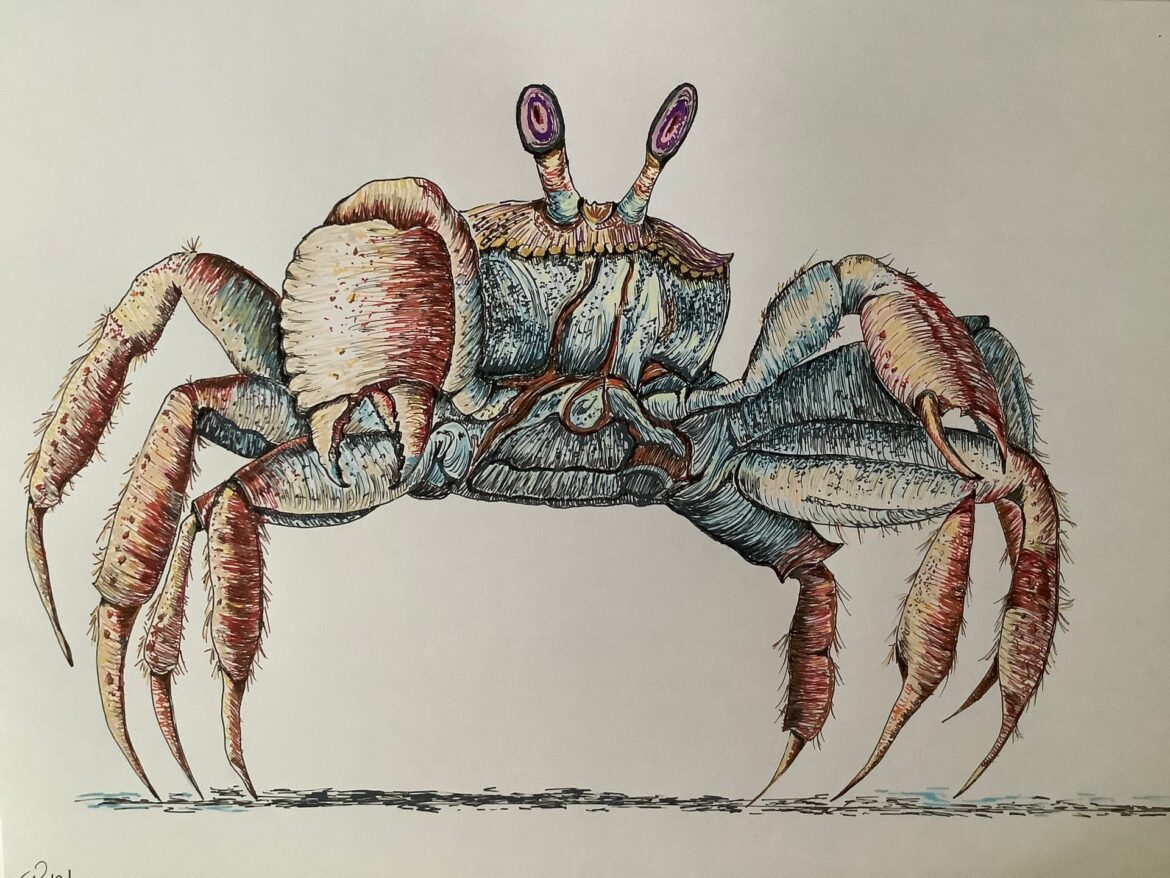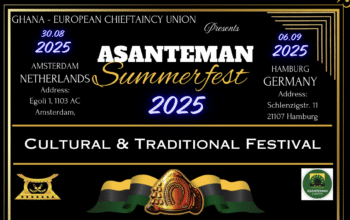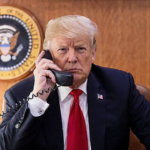In a world obsessed with virtual validation, Crab wasn’t your typical influencer. His charm didn’t radiate from polished selfies but from the twinkle in his eye and the wisdom woven into his words. Millions followed him in real life, drawn to his infectious kindness and disarming wit. His closest confidante, Kweku Ananse, was the mischievous yin to Crab’s serene yang. Kweku could weave trouble faster than a spider spins a web, leaving Crab to untangle the mess with a sigh and a smile.

One sweltering summer, Kweku, in a characteristic scrape, sought a favor from Lion, the kingdom’s ruler. Weeks passed, deadlines dissolved like desert mirages, and Lion, fuming like a volcano, summoned Kweku. Fear gnawed at Kweku, but fear couldn’t stop the clock – or Lion’s temper. Desperate, he turned to Crab, his eyes shadowed with worry.
“My dearest friend,” Kweku pleaded, “Lion demands I face him tonight, looking my best. You, blessed with grace and confidence, could lend me… your head?”
Crab, ever the loyal friend, hesitated. Memories of borrowed limbs returned – a fish returning a broken hand, a snail clutching tear-stained eyes. Yet, seeing Kweku’s desperation, he relented. That night, the castle fell silent, a headless Crab left behind in the aftermath of Kweku’s escape.
Days bled into nights, hope into despair. The kingdom grieved Crab, their beloved friend, his absence a gaping hole in their hearts. Rumors swirled, accusations flew, and Kweku vanished, swallowed by the shadows he’d sown.
Alone and unseen, Crab yearned for the sun’s warmth, the taste of laughter, the comfort of touch. Odomankoma, the benevolent spirit, witnessed his plight. One starry night, a miraculous light bathed Crab, weaving eyes onto his empty sockets, a voice onto his silent form, and claws to shield him from harm.
Crab, though forever marked by his sacrifice, emerged stronger. He found solace in acts of kindness, his once gentle voice booming with newfound confidence. The claws, symbols of his struggle, became tools of resilience, a reminder of the day he lost a head but found his soul.
Kweku, ostracized and alone, walked a desolate path, the emptiness within mirroring the gaping void in his life. He learned, too late, that borrowed brilliance only blinds, and true worth shines from within. His absence became a cautionary tale, a whisper on the wind: Beware the lure of borrowed feathers, for true flight comes from wings of your own.
So, remember, dear reader, in a world obsessed with appearances, let kindness be your crown, wisdom your compass, and your own unique spark, the light that guides you home.









